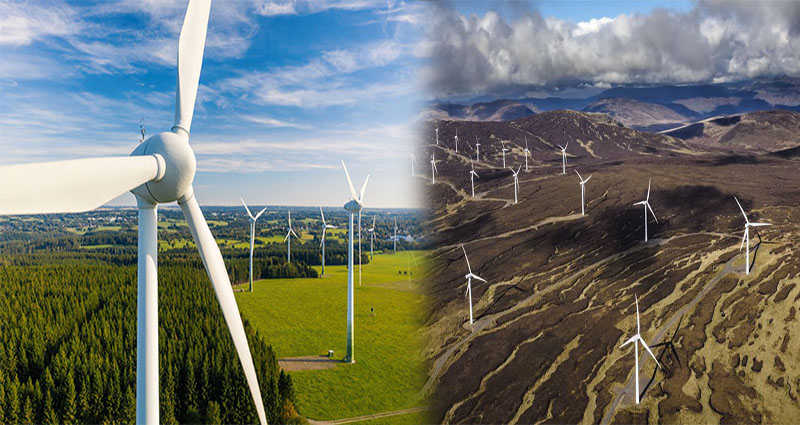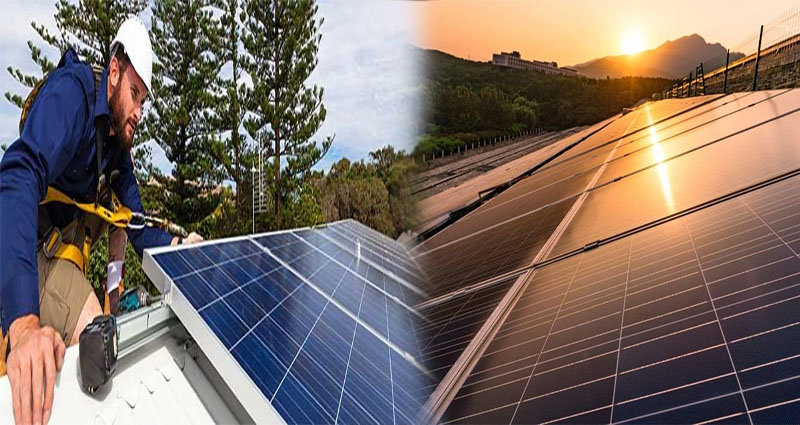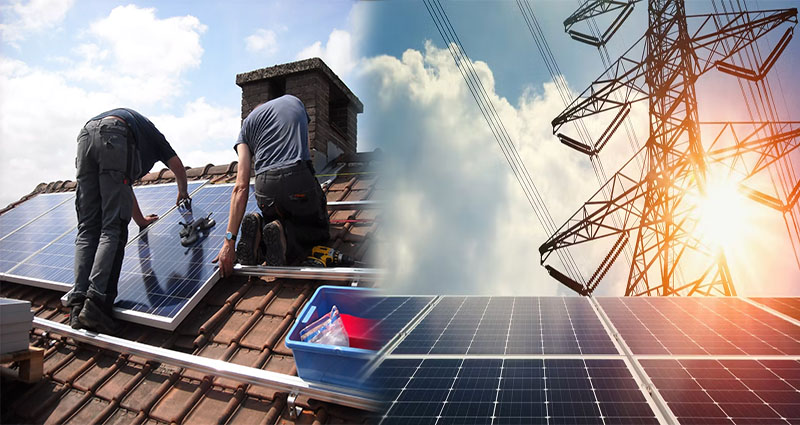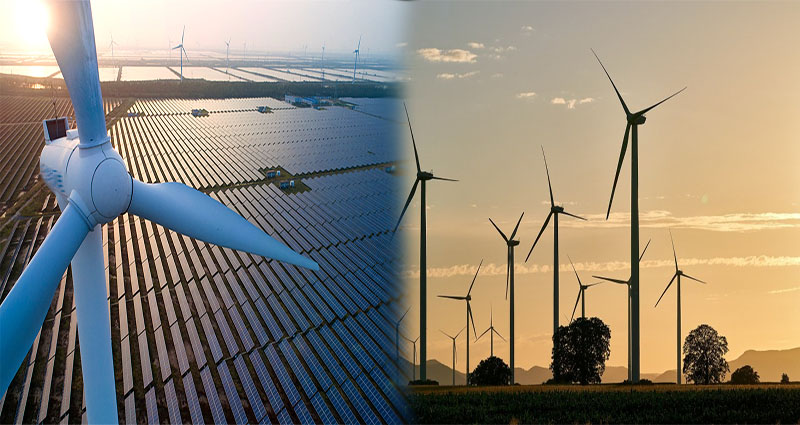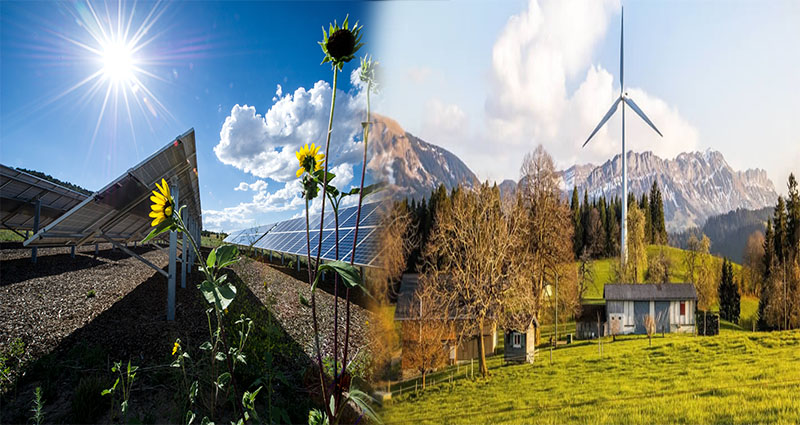Wind Turbine Technology for Clean Energy Generation
Wind turbine technology has emerged as a leading solution for clean energy generation. As concerns about climate change and the environment continue to grow, renewable energy sources like wind power have gained significant attention. In this article, we will explore the importance of wind turbine technology in clean energy generation and the advancements that have made it a reliable and efficient solution.
Harnessing the Power of Wind
Wind power has been utilized for centuries, but it is only in recent years that wind turbine technology has advanced to a level that allows for commercial-scale clean energy generation. Wind turbines work by harnessing the kinetic energy in wind and converting it into electrical energy through the rotation of large blades.
The Advantages of Wind Turbines
- Renewable and Clean: Wind is an abundant and renewable source of energy that produces zero greenhouse gas emissions and minimal environmental impact. Wind turbines provide clean

